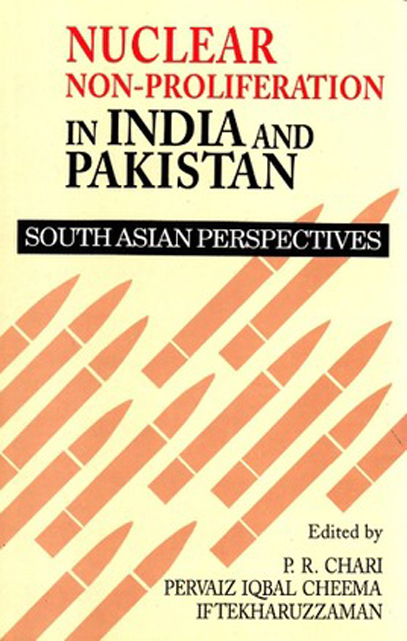
- Shop
- Academic & Non-fiction
- Nuclear Non-Proliferation in India and Pakistan
Nuclear Non-Proliferation in India and Pakistan
South Asian Perspectives
| Language: English |
Tags :
Book Info
Issues related to nuclear non-proliferation in South Asia arising from the nuclear programmes and ambitions of India and Pakistan have long been the subject of emotive policy debate and intense scholarly research. Both Islamabad and New Delhi acknowledge that they have the capability to build nuclear weapons and the need to retain the 'nuclear option'; at the same time, they also deny having actually done so. The complexities arising out of such ambiguities are compounded by the fact that neither India nor Pakistan have signed the Nuclear Non-Proliferation Treaty. With the end of bipolar confrontation in the post-Cold War world, the possibilities for achieving restraints on the proliferation of weapons of mass destruction at the global level have opened up. The objective of the nonproliferation debate has focussed more closely upon South Asia where the two traditional rivals with their long history of active hostilities are capable of emerging as nuclear weapon powers. This collaborative study presents Indian and Pakistani perspectives on the subject contributed by some of the leading experts in the two countries. The focus is specifically on the technological and perceptual aspects, and the policy-postures of the two countries. The book also contains contributions on this issue by scholars from Bangladesh, Nepal and Sri Lanka.


